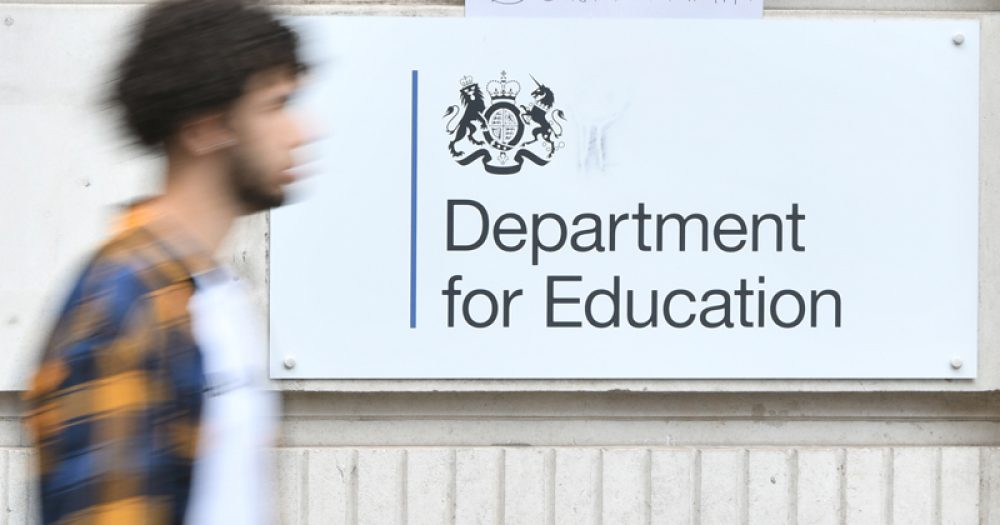The government has predicted that its approach to education recovery “may be insufficient” to adequately address learning lost during the pandemic.
In its annual report and accounts, the Department for Education warned the risk of catch-up efforts failing to address learning loss was “critical/very likely” as of March. No more recent update is given, but the picture is described as “worsening” during the year.
In a section setting out “significant risks”, the department warned its “approach to addressing lost learning and the implementation of education recovery, digital strategy, and remote education, at school/college level may be insufficient to adequately respond to the lost learning that has occurred during the pandemic”.
The report covers the 2020-21 financial year, which ended in March, before a number of further catch-up measures were introduced.
However, the report warned that the risk would likely remain for a “sustained period”.
DfE has announced further catch-up measures
Last June, the government announced £1 billion for education recovery, including a catch-up premium for schools and the launch of the National Tutoring Programme.
A further £700 million was allocated in February of this year including an expansion of tutoring and a new recovery premium for schools.
Ministers announced a further £1.4 billion in June, prompting the resignation of the government’s education recovery commissioner Sir Kevan Collins, who had called for more than 10 times that amount.
A further £1.8 billion was allocated in the spending review, but leaders have warned this still falls short of what is needed.
In its report, the government also pointed to its rule requiring schools to deliver remote education to pupils absent because of Covid, and its distribution of 1.3 million laptops and tablets to disadvantaged pupils.
But the DfE admitted that “despite the initial mitigations and continuing work, this risk is likely to remain one of the Department’s principal risks for a sustained period”.
The latest learning loss study by Renaissance Learning and the Education Policy Institute found that although primary pupils had demonstrated “notable” catch-up by the summer term of this year, disadvantaged secondary pupils were still well behind their peers in reading.
DfE updates threat level for cyber attacks
The DfE has also updated the level of risk that a “sustained cyber‑attack could result in the loss of access to critical systems and services, as well as a loss of critical departmental data” to “likely” as of March this year.
It was previously considered “possible” in March 2020, and the DfE said the situation was “worsening”.
The DfE said its overall threat position had been raised by “several high‑profle events” which “took place in the cyber domain through 2020‑21”.
The department has also “observed a rise in the use of ransomware against the education sector and has been working closely with the National Cyber Security Centre to improve cyber security awareness in the sector.”
“The Department is boosting its ability to identify and monitor threats in near real time and is set to make a significant investment in increasing the cyber security capabilities through 2021.
“Additionally, we are continuing to make good progress in raising staff security awareness through test phishing campaigns and have refreshed departmental security.”
The risk that pupils will have poor quality outcomes, particular in challenging or disadvantaged schools, as a result of a lack of high-quality teachers remains “likely”, as it was in March 2020.















Your thoughts